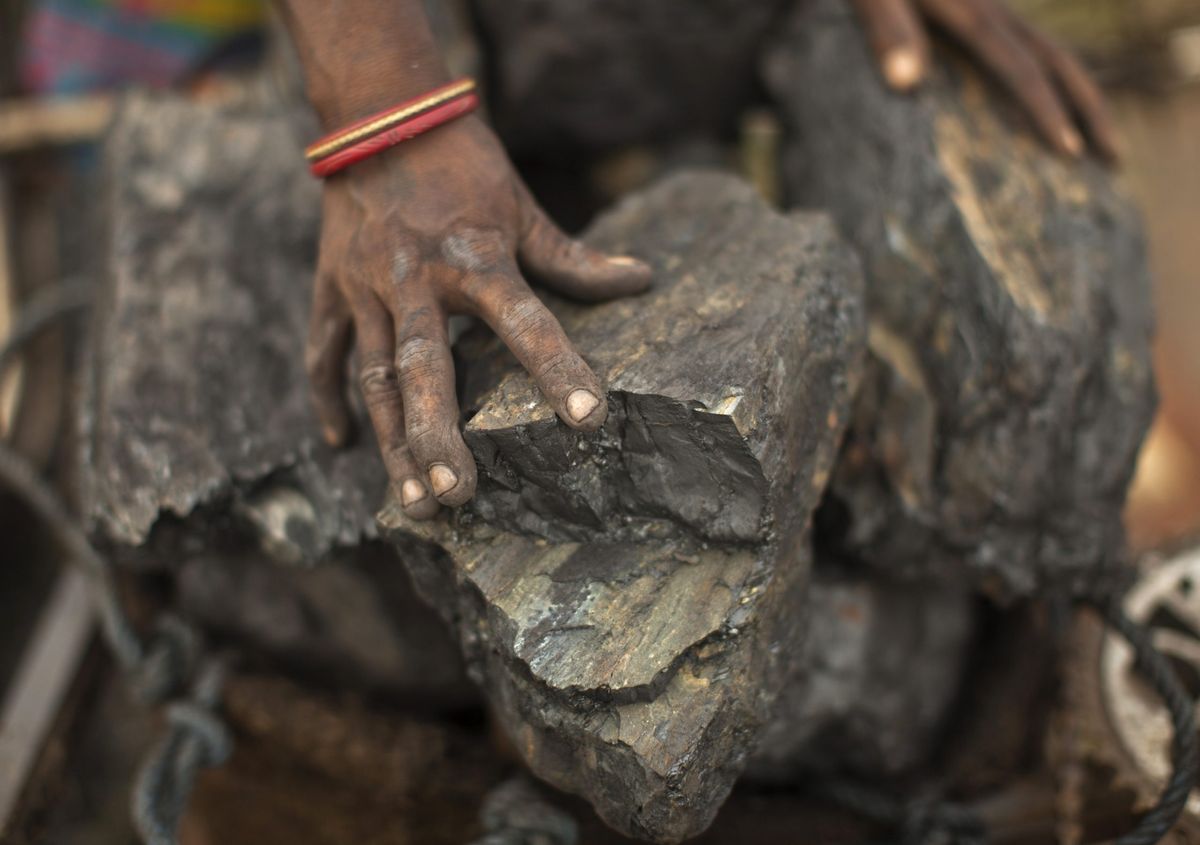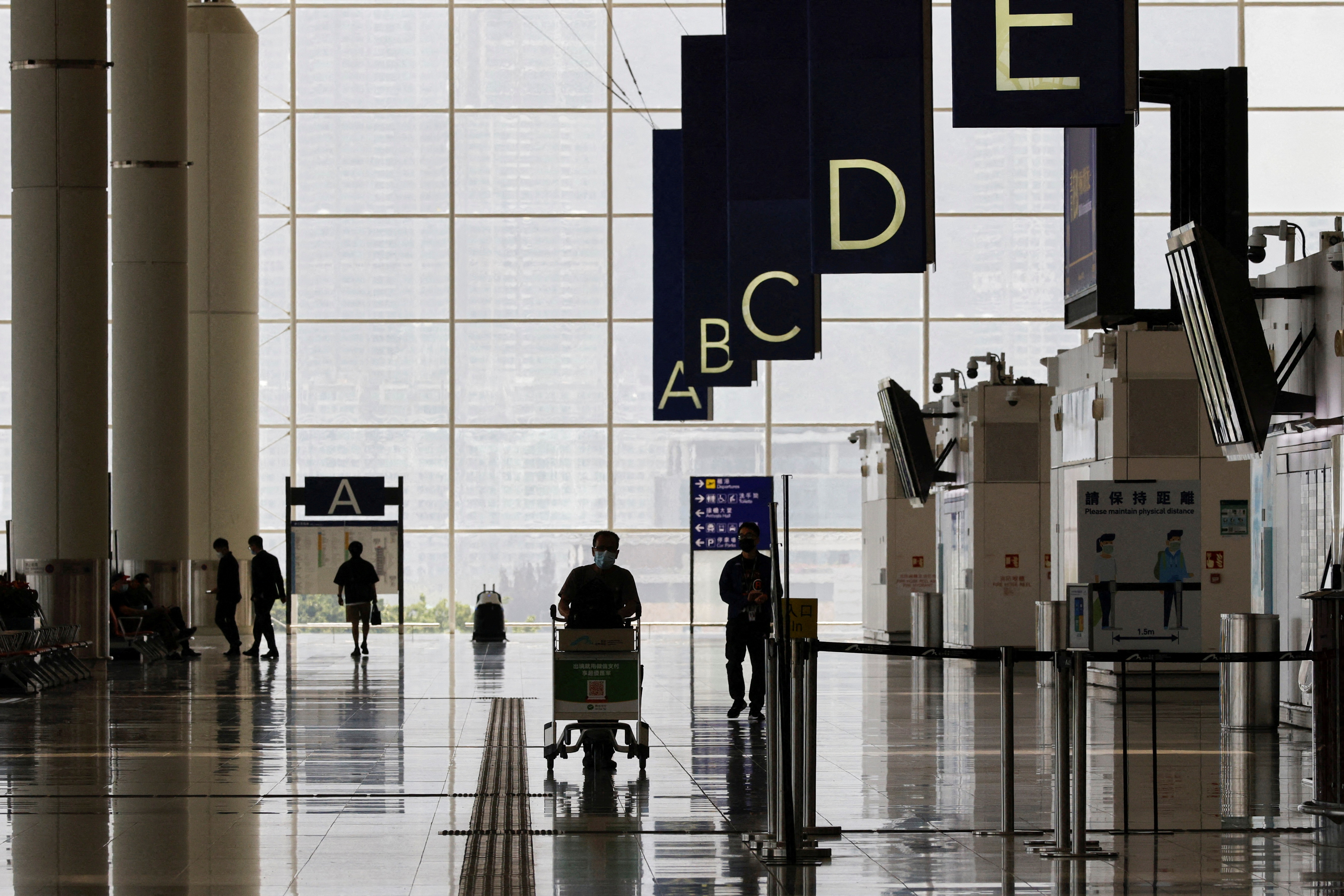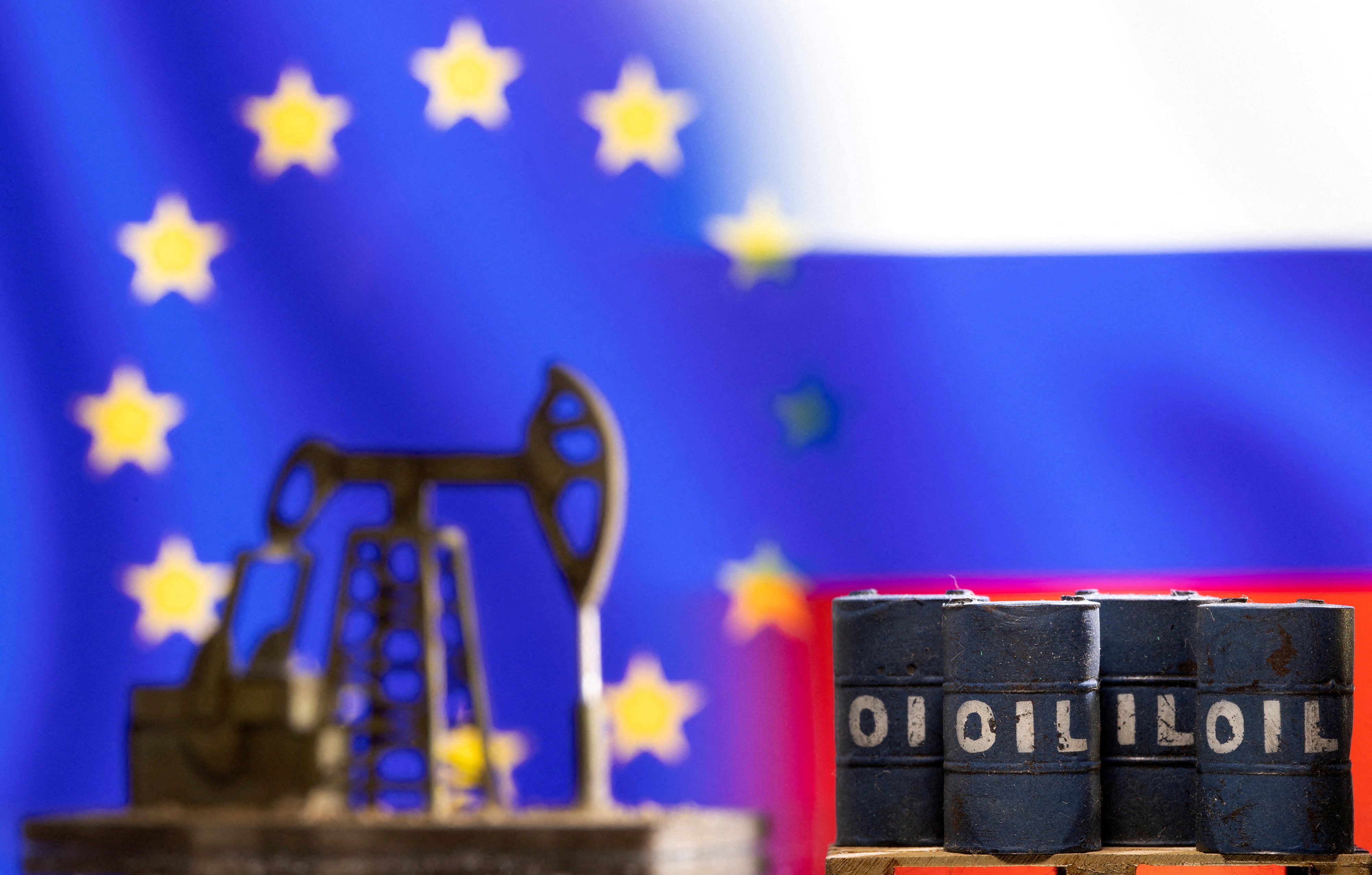From the EU’s embargo on Russian oil to Johnny Depp’s first major role since The Sun lawsuit – Here’s your May 31 news briefing

A few minutes every morning is all you need.
Stay up to date on the world's Headlines and Human Stories. It's fun, it's factual, it's fluff-free.
To start off, we’re looking into:
India’s energy shortage
India’s power demand is rising at the fastest pace in nearly four decades, and the country is having a hard time keeping up. With its pricey coal-fired power plants, experts think that India could potentially face an energy crisis soon. An extreme heat wave in India has contributed to the country’s increased demands for energy supplies. Making things even more complicated, India is facing the approaching onset of monsoon season.
Currently, the nation expects local coal supply to fall 42.5 million tons short of demand during the September quarter. So, citizens have recently been putting more pressure on utilities to build up coal inventories through imports instead.
But, as of end-April, only one state has awarded a contract to import coal, according to a power ministry import status report. On top of that, Russia’s invasion of Ukraine has made for more expensive imports, which complicates the energy shortage matter.
Hong Kong’s COVID rules update

Hong Kong will change more of its COVID travel requirements from June 1, as the city eases into further relaxation while still adhering to its COVID-zero policy. Here’s a brief summary of the latest tweaks.
From June 1 onwards:
- Inbound travelers, except children under the age of three or travelers transferring or transiting within Hong Kong, will still have to show a negative PCR-based nucleic test result taken within 48 hours before departure. But, they no longer have to give proof of the lab’s accreditation.
- For those who recovered from COVID 14-90 days prior to their flight, medical documentation of a negative RAT result within 24 hours of boarding time, as well as an official recovery record in Chinese or English, will be required.
- All incoming travelers that are discharged early from compulsory quarantine will have to do a nucleic acid test on their ninth day of arrival in addition to the one they’re supposed to take on the twelfth day of arrival.
- Airline carriers will be given a warning and a HK$20,000 penalty if they break the flight suspension mechanism. Another breach within the following 10 days will result in prohibition from flying that route into Hong Kong for five days.
EU meets about Russian oil embargo

The EU has been working on an extensive embargo of Russian oil, which would be the sixth round of sanctions from the region against Russia. But Hungary has been holding up the vote in recent talks and arguing that no deal was in sight any time soon.
See, Hungary is a land-locked country which gets a lot of its oil from Russia. This means an embargo would probably raise energy prices for the country. But its prime minister, Viktor Orban, is also known for being somewhat friendly with Vladimir Putin, so some people are questioning whether or not Hungary’s opposition to the embargo was only because of its dependence on Russian oil – and not perhaps some other motivation.
The proposal agreed upon Monday bans Russian oil imported by sea and allows a temporary exemption for pipeline supplies. Hungary also received guarantees from EU leaders that it would be able to receive replacement supplies if the pipelines were disrupted, according to people familiar with the talks.
To end, we’ll look into:
Remember those labor shortages? It’s still a thing.
Last year, as vaccines for COVID became available around the world, a new kind of problem began to spread – that of labor shortages.
The pandemic largely caused the problem since people left their jobs for a number of reasons. But when things started to pick back up, employers needed workers. So, when employers need more workers but there aren’t enough because of COVID (for the most part), wages go up. And when the price of work goes up, so does inflation.
The thing is, though, many people thought that, by now, we’d be past the labor shortage, and we’re not.
The shortage isn’t exactly evenly distributed, though, with workers abandoning lower-paying jobs like those at restaurants or in hospitality to move into higher-paying ones. It’s also definitely not exclusive to the US, with many other economies all facing similar issues. Singapore, for example, has started deploying robots to compensate for some of the shortages.
This means that this summer, there will be even worse, more concentrated labor shortages in some of the industries that need workers most. For example, in the US, public pools are staying closed through the summer because cities are having a hard time finding lifeguards. Ice cream shops are struggling with finding staff to work in May, causing some worry about what could come in July. The industries that need workers the most in the summer also happen to be the industries that are finding the fewest of them.
The silver lining here, though, is that workers’ wages are on the rise; pay has gone up as much as 16% in some industries since this same time last year. That said, this pay increase is starting to slow down, which economists say could be a good thing because it takes some pressure off of inflation, hopefully slowing it down.
In other news …
📈Stocks, oil and Bitcoin: Shanghai and Beijing’s reopening announcement has sent oil and Bitcoin prices back up. Stocks also rose in Europe and Asia, while the US markets were closed for Memorial Day.
💸Kickstart the economy and win the digital currency race: Shanghainese residents in low-risk areas will soon be able to leave and enter the compounds as they choose. The city will start some public transport services as well as taxi and ride-hailing services. In an attempt to kickstart consumption across the country again, Shenzhen started distributing 30 million yuan (US$4.5 million) worth of free digital cash.
🇺🇸US gun laws: After an emotional trip to Uvalde, Texas, Biden has told reporters that there are limits to what he can do and called on Congress to crack down on guns. “I can’t dictate this stuff. I can do the things I’ve done and any executive action I can take, I’ll continue to take. But I can’t outlaw a weapon. I can’t change a background check. I can’t do that."
🏨US and China relations: Defense ministers of the two superpowers are organizing a time to meet at the Shangri-La Dialogue, a security conference in Singapore next month, says WSJ.
🇭🇰Lee in Beijing: John Lee is in Beijing for four days, which is standard practice for the city’s incoming chief executive. On Monday, Chinese state media said that the CCP had “full confidence" in Lee.
🇬🇧London, anyone? As a part of the country’s post-Brexit visa scheme, the UK will grant working visas to graduates from top universities around the world. Bachelor’s and master’s holders can apply for a two-year visa. Those with doctorates, three.
🍎Spotted: It’s common for large companies to file trademark applications under a one-off name so that they sort of fly under the radar, but the reported name of Apple’s new headset, RealityOS, has been spotted in a trademark filing, fueling rumors that Apple is about to announce a headset.
🎂The Mona Lisa was attacked by cake: A man disguised as an old lady in a wheelchair surprised the masses by … well, being a man and not needing a wheelchair but also by trying to smash the bulletproof glass of The Mona Lisa. He then proceeded to smear cake all over the glass instead. After being tackled by security and escorted, he told people to “think of planet Earth, there are people destroying it" and was also seen throwing roses around the gallery. Witnesses described the situation as “jaw dropping." 😦
🎬Johnny in Hollywood: Johnny Depp has landed his first major movie role since the defamation lawsuit with The Sun, says Variety.
Written and put together by Jake Shropshire, Christine Dulion, Julianna Barcela and Krystal Lai




Comments ()